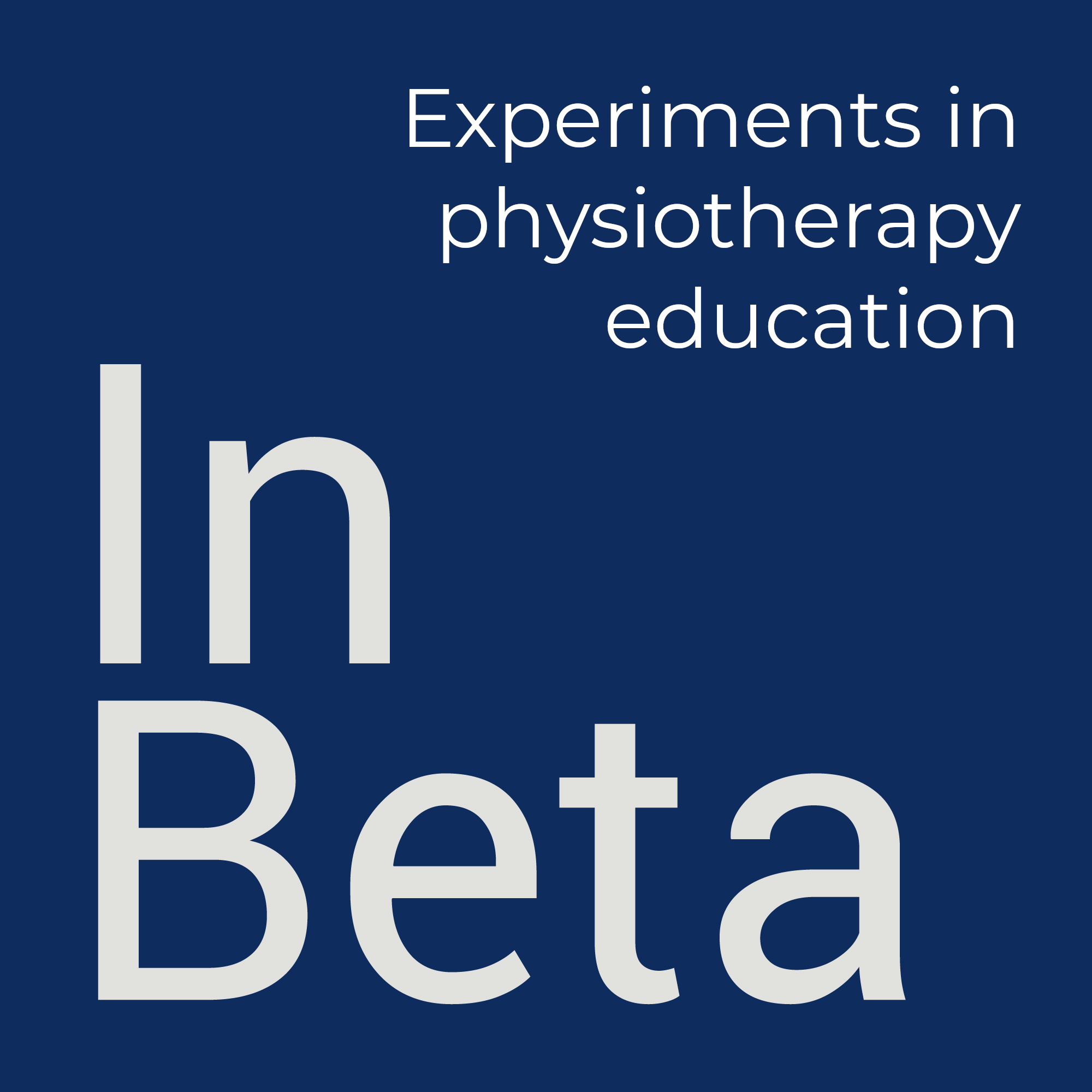No, you don’t have a cheating-proof or AI-proof assessment design. You just have a lack of imagination… I think it’s not just wrong but dangerous to think that a task is AI-proof or cheating-proof. There’s always going to be holes in any single assessment approach, and to think we have it solved can be thought-terminating.
Phillip Dawson (2024)
The rapid advancement of AI technologies, particularly generative AI, has driven important conversations about academic integrity and the potential for cheating in higher and professional education. However, rather than viewing AI solely as a threat, we have an opportunity to explore how it can be thoughtfully integrated into our teaching and assessment practices to enhance learning outcomes.
Lately, I’ve been thinking about AI in assessment, with a specific focus on its applications in physiotherapy education. In particular, I’m interested in a move beyond the initial concerns of AI-enabled cheating and instead consider innovative ways to incorporate AI into our assessments. From using AI to generate complex patient scenarios for case study analysis, to using it for technique critique and clinical reasoning enhancement, the potential applications are both exciting and transformative.
Now is a great time to explore different perspectives on adapting our assessment approaches to take AI into account, ensuring that we equip our students with the skills they need to thrive in a technology-enhanced healthcare environment. By engaging with these ideas, you’ll gain insights into creating more authentic, process-oriented assessments that not only evaluate student learning but also prepare them for the realities of modern physiotherapy practice.
Podcast
Bowen, D., & Fleming, R. (n.d.). Assessment and Swiss Cheese – Phill Dawson – Episode 9 of Series 9. AI Education Podcast.
This week’s guest is Professor Phillip Dawson, who is Co-Director of the Centre for Research in Assessment and Digital Learning at Deakin University in Australia. In addition to Phill’s website, we recommend following Phill on LinkedIn, or Twitter, where shares a lot of his work on the future of assessment…You can find Phill’s research papers here on Google Scholar, and his LinkedIn feed has his books and his contributions to other advice and consultations in the education sector.
This is an excellent conversation about the impact of AI on cheating in higher education, and a review of appropriate responses in how we think about assessment design.
Report
Lodge, J. M., Howard, S., Bearman, M., Dawson, P., & Agostinho, S. (2023). Assessment reform for the age of artificial intelligence. Tertiary Education Quality and Standards Agency.
This report presents two principles, and five propositions to consider when changing assessment in light of AI.
The two principles:
- Assessment and learning experiences equip students to participate ethically and actively in a society where AI is ubiquitous.
- Forming trustworthy judgements about student learning in a time of AI requires multiple, inclusive and contextualised approaches to assessment.
And the five propositions:
- Assessment should emphasize appropriate, authentic engagement with AI.
- Assessment should emphasize a systemic approach to program assessment aligned with disciplines/qualifications.
- Assessment should emphasize the process of learning.
- Assessment should emphasize opportunities for students to work appropriately with each other and AI.
- Assessment should emphasize security at meaningful points across a program to inform decisions about progression and completion.
Resource
Perkins, M., Furze, L., Roe, J., & MacVaugh, J. (2024). The Artificial Intelligence Assessment Scale (AIAS): A Framework for Ethical Integration of Generative AI in Educational Assessment. Journal of University Teaching and Learning Practice, 21(06).
The AIAS empowers educators to select the appropriate level of GenAI usage in assessments based on the learning outcomes they seek to address. The AIAS offers greater clarity and transparency for students and educators, provides a fair and equitable policy tool for institutions to work with, and offers a nuanced approach which embraces the opportunities of GenAI.

